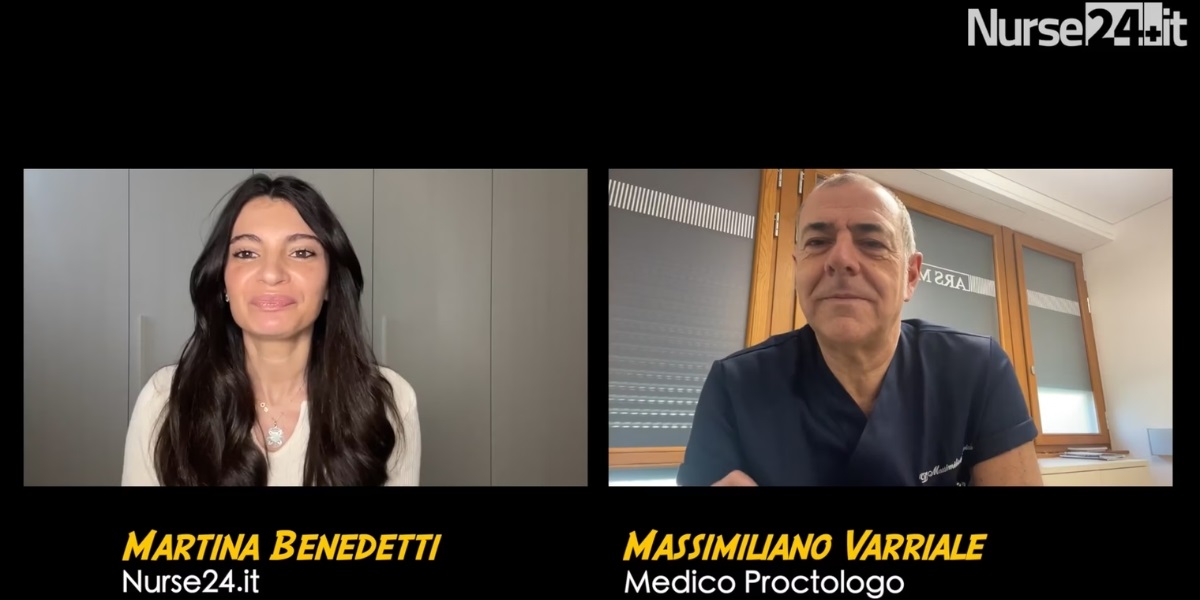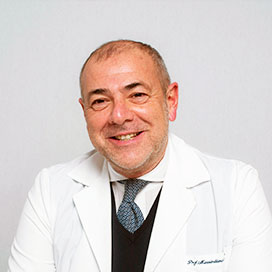Inflammatory bowel diseases and stem cells
Grafting stem cells taken from autologous adipose tissue has been shown to be a significant contribution in the treatment of some of the complications related to chronic intestinal diseases. Explaining mode of execution, advantages and future prospects of this minimally invasive surgical technique is Massimiliano Varriale, a proctologist at Sandro Pertini Hospital in Rome, who with his team has been employed for years in the research and study of this treatment.
Varriale, proctologist: stem cells may prevent ostomy packing
Stem cells are specialized cells in the human body that have the unique ability to transform into different types of specialized cells. They can self-renew through cell division and are critical for the growth, repair, and maintenance of tissues in the body.
Mesenchymal stem cells are a type of adult stem cell that can differentiate into a variety of cell types, including bone, cartilage, fat and other cells. They are found in various tissues of the body, including bone marrow, adipose tissue, and connective tissue. Mesenchymal stem cells have demonstrated therapeutic potential in several areas, including regenerative medicine, where they can be used to promote regeneration of damaged tissues and to modulate the inflammatory response. They are, at present, the subject of clinical research.
Inflammatory bowel diseases (such as Crohn's disease and ulcerative colitis) are part of the chronic bowel diseases. They can cause symptoms such as abdominal pain, diarrhea, constipation, bloating and bleeding and often require long-term treatment to manage symptoms and improve quality of life.
Fistulas are a common complication of Crohn's disease
In Crohn's disease, inflammation can cause damage to the intestinal lining and lead to the formation of fistulas that connect the intestine with other structures, such as other parts of the bowel, the skin, or other organs. These fistulas can cause symptoms such as abdominal pain, abnormal secretions, and recurrent infections. Treatment of fistulas in Crohn's disease can range from medications to reduce inflammation to surgery to close fistulas and repair intestinal damage.
Why do we talk about inflammatory bowel disease and stem cells? Stem cells are being researched specifically for the treatment of fistulas; including those associated with inflammatory bowel disease. Mesenchymal stem cell transplantation can be considered as a new approach for the treatment of these diseases.
[...]
Full article on nurse24.it

